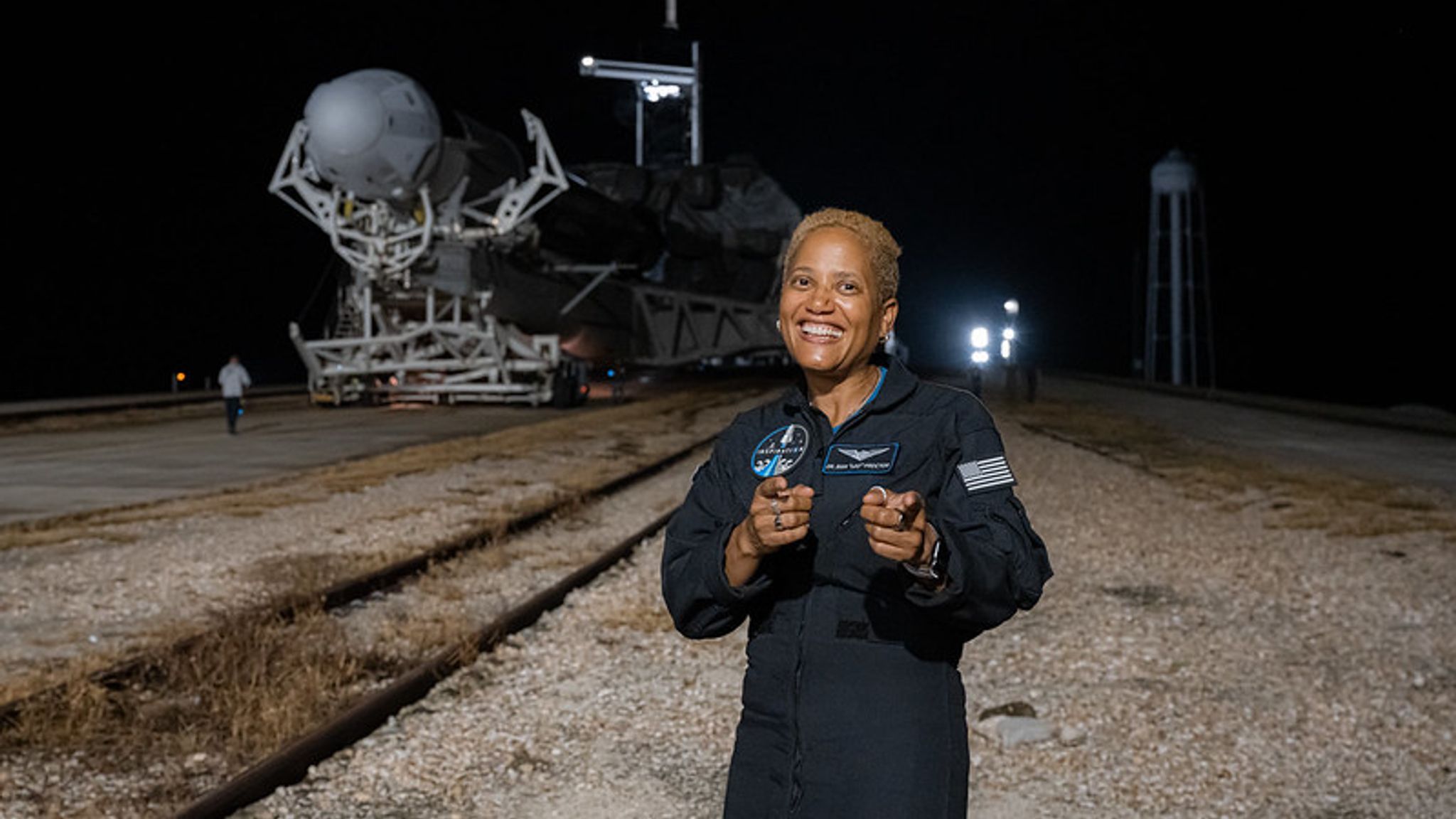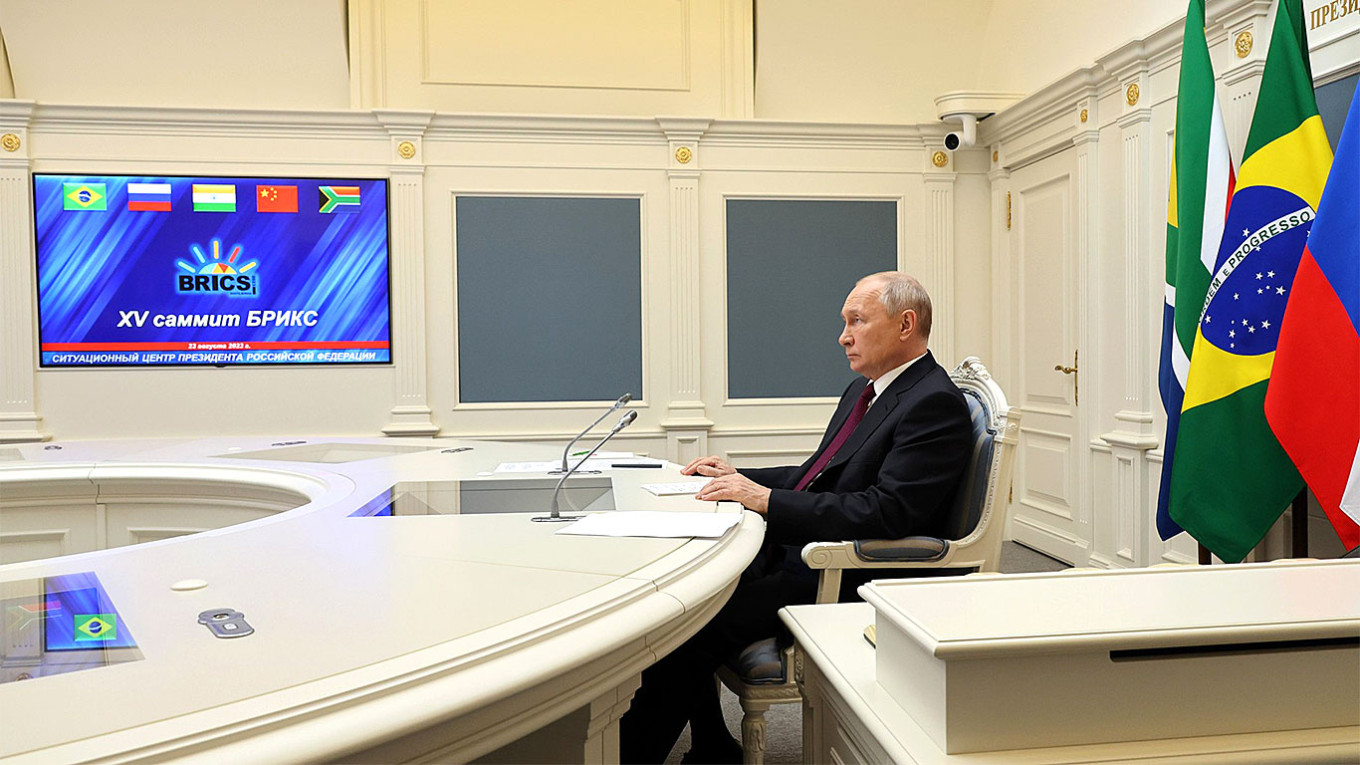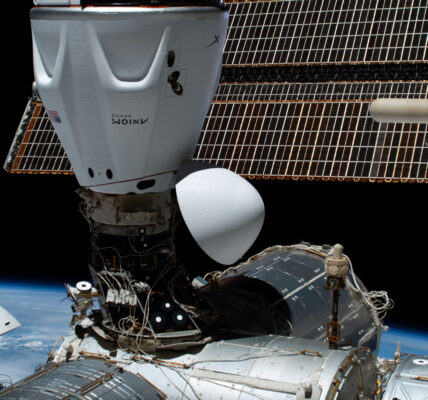
US-China collaboration in space is achievable, despite current geopolitical tensions, according to former astronaut and US Science Envoy. Sian Proctor, who made history as the first black woman to pilot a spacecraft, says that the collective effort of nations in constructing the International Space Station (ISS) demonstrates the immense potential for cooperative ventures in space. This collaboration serves as a model as humanity ventures back to the “Moon, Mars, and beyond”, she says.
In an interview with National Security News, Proctor highlighted that space has the unique ability to unite nations. She stressed the importance of recognising that, despite our differences, the fundamental aspirations of people worldwide are remarkably similar.
“Essentially, we’re all the same. We all wish for a good life for ourselves, our families, our friends, and our communities,” she remarked, accentuating the shared goals that transcend national borders.
As an advocate of a ‘JEDI future in space’—which stands for Just, Equitable, Diverse, and Inclusive—Proctor envisions a collaborative and inclusive approach to space exploration. “A lot of times we talk about space for everyone, but actually making space for everyone—that’s where Jedi space comes into play. To me, it’s a Star Wars acronym with a Star Trek meaning—the whole idea of boldly going together and take on this amazing new frontier.”
As a US Science Envoy, Proctor is on a drive to make space more accessible and want to inspire a younger generation to understand that whatever their interests are, it can lead to a career in space or even potentially going into space. She points out that the United States is a leader in the space industry, largely thanks to NASA’s initiatives that have positioned the country for success through robust federal management.
“The information is open source,” she explains, emphasising that valuable resources, including satellite imagery, are widely accessible. “We currently face a job shortage, and I believe that if we rally around the idea of space for all, there is indeed enough room for everyone. We must work collaboratively to achieve that Jedi space.”
Proctor believes that increasing accessibility to space begins with inspiring educators to share their passion with students.
Her own inspiration stems from the Challenger disaster when she was a young teenager, seeing how the first teacher selected for a space mission affected her own career path. “I wanted to help inspire kids to know that whatever your interests are, that can lead you to ,not only a career in space, but potentially also going to space,” she said.
Proctor also reflected on her time in space, sharing a transformative experience when she discovered the concept of ‘earth light.’ “Humans are familiar with sunlight and moonlight, but nobody talks about earth light. While looking at our planet, it was illuminated and thought, ‘Why is it so bright?’ That’s when I realised it was earth light,” she recounted, drawing a parallel between astronauts’ renewed perspective on life after their missions and her commitment to fostering a more united future for all.
Inspired by her experiences and passion for space, Proctor creates Afrofuturism art that delves into themes of identity and humanity within the cosmic context. “I wrote a poem called Space2Inspire and I had the incredible opportunity to paint in space while I was up there, using the theme of space as a black woman.”

































































































































































































































































































